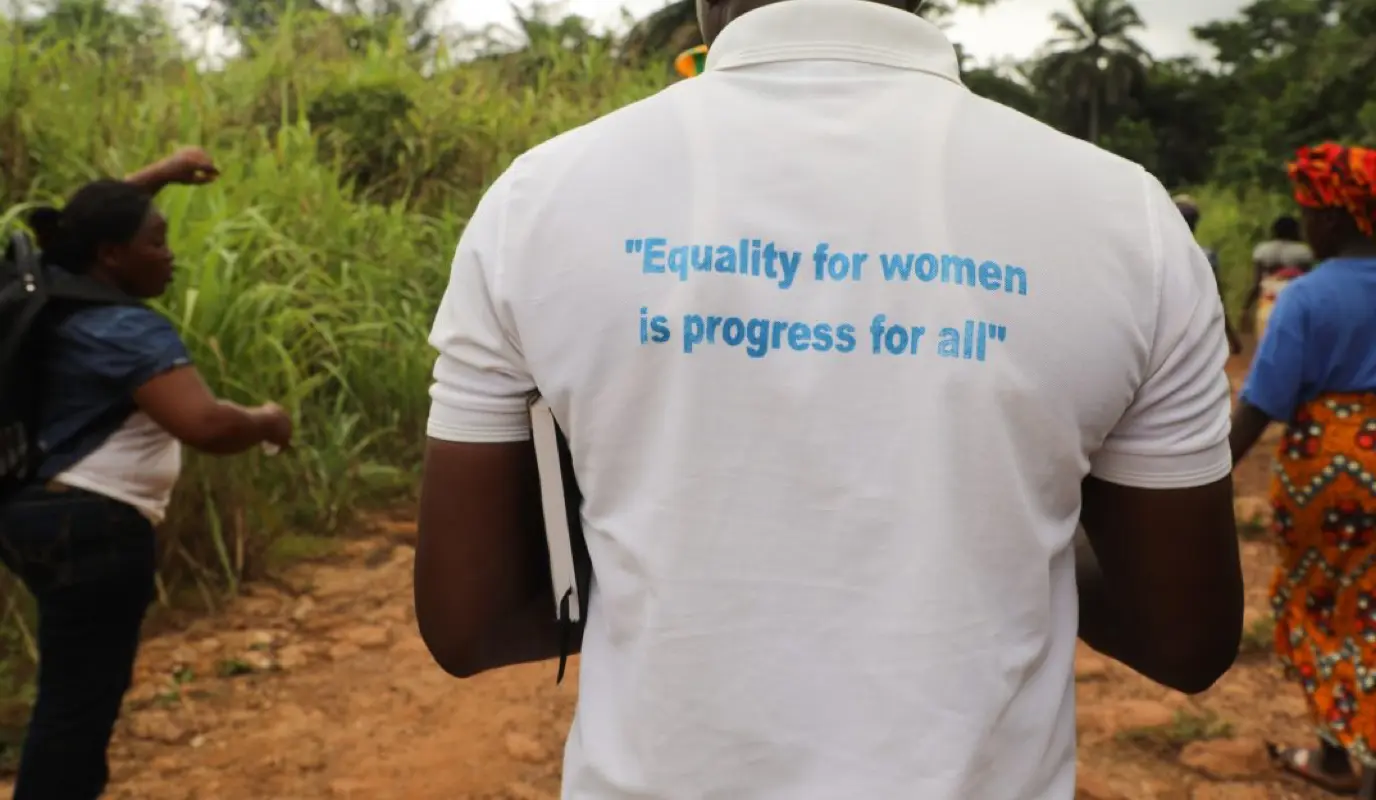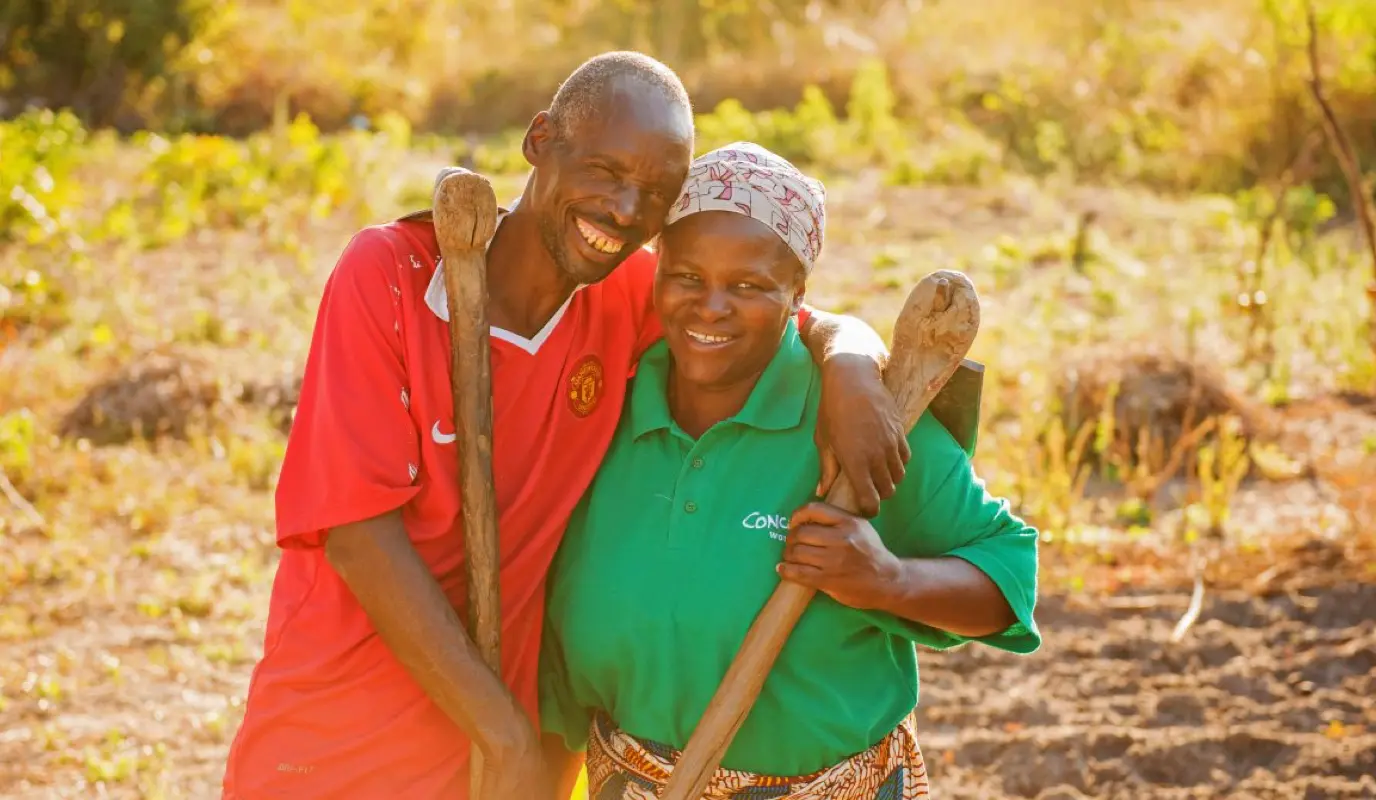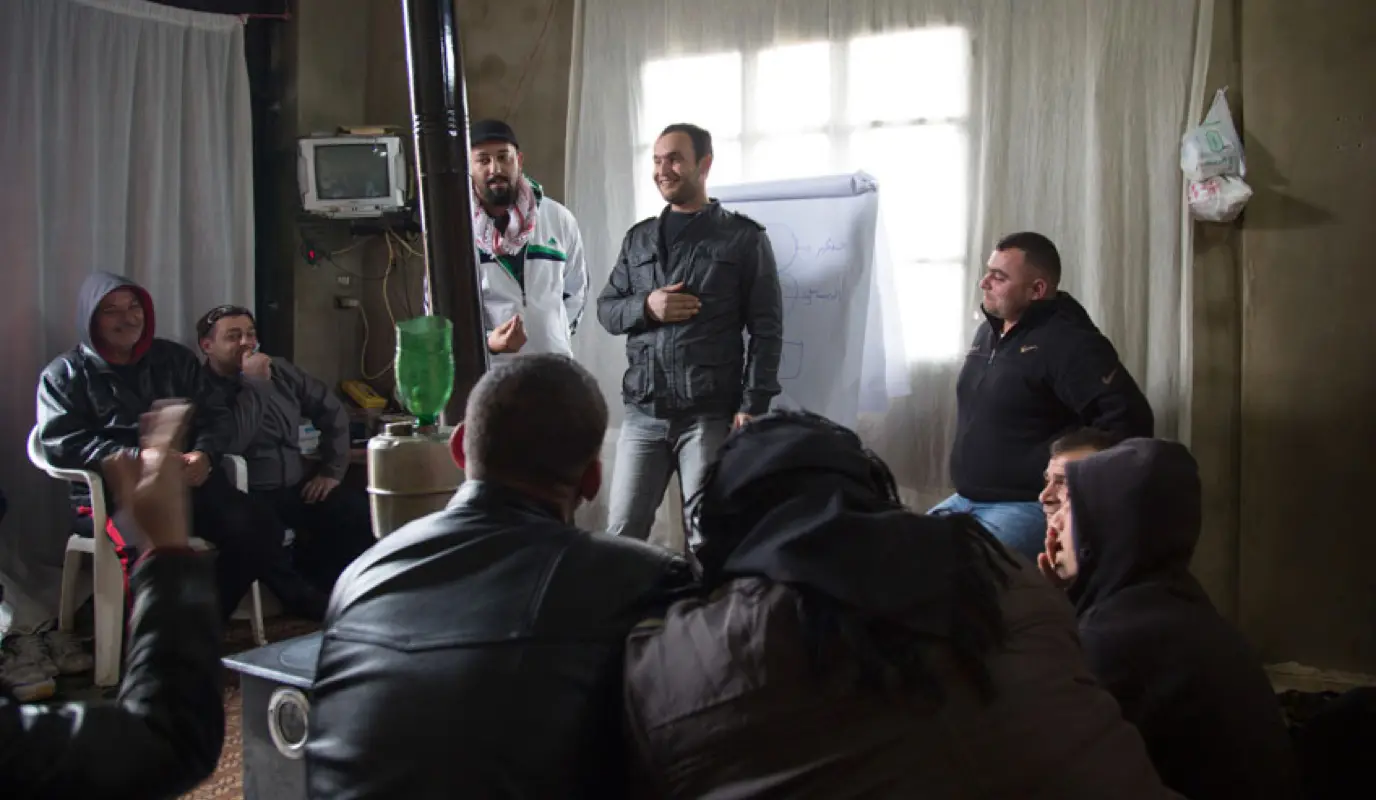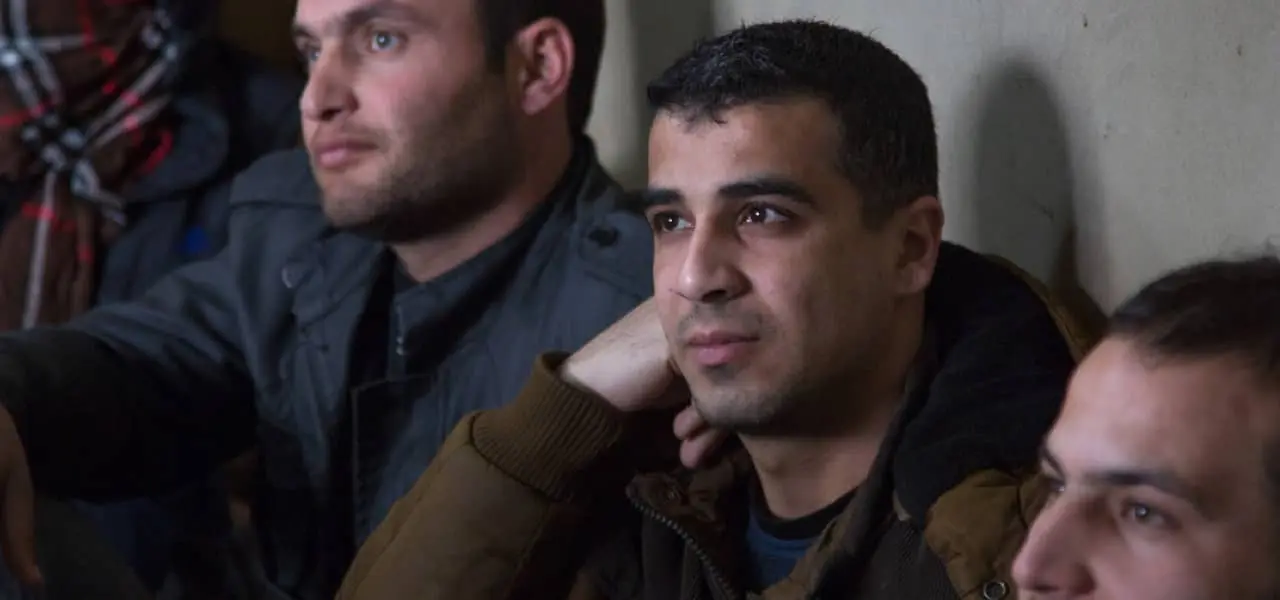The Challenge
Extreme poverty won’t be over until gender inequality ends first. From gender-based violence to income inequity, policies and legislative gaps prevent women from enjoying the same basic rights and dignity as their male counterparts.
Inequality is central to how Concern understands the cycle of poverty. Inequality along gender lines can further broaden other forms of marginalization. When women don’t have the same rights as men, they’re less likely to participate in local economy, receive an education, be involved with local and national politics, get the healthcare access they need and deserve, or engage with the local justice system when needed.
Much of Concern’s work focuses on women and girls, yet recent studies show that programs working to end poverty often see limited results when focusing just on women and girls. In some cases, it can reverse progress.
Programs working to end poverty by building gender equality often see limited results -- if not reversed progress -- when they don't engage men as allies.
A Team Effort
A growing body of evidence has affirmed that engaging men is key to achieving gender parity. From GBV to avoiding domestic work and caregiving duties, men’s behaviors are influenced by social norms. These norms are also shaped around views of masculinity.
Men play an essential role in challenging the patriarchal beliefs and practices that promote the subordination of women. However, in many of the areas where Concern works, questioning these gender norms can be risky for men. In a crisis, men who grow up within these structures may feel added pressure. For instance, as the Syrian crisis led to a mass exodus of refugees, many men were no longer able to support their families and felt pressure to remain tough under high-stress circumstances. This led to many husbands and fathers to lash out on their wives and children in ways that they’d never done before.
Knowing that this was a widespread issue and that community empowerment was one of the keys to breaking the taboos of social stereotypes, we began to look for ways to bring groups of men together as part of a broader, healthier, safer, and richer cultural experience. The fundamental question for Concern shifted from why we should work with men and boys, to how we should work with men and boys.
The fundamental question shifted from why should we work with men and boys to how should we work with men and boys.
From "Why" to "How"
For decades, Concern had engaged men as key stakeholders and gatekeepers in their communities. In 2012, we increasingly began involving men as allies to promote gender equality and creating spaces to explore the effects that patriarchy has on their own lives and opportunities.
The “how,” as it turned out, was closer to home than we thought. Many of our country teams are staffed by community members, who requested intensive training in this area in order to be more effective and inspiring with others. The trainings served as a prototype for what we would bring into the community based on specific gender views and issues, and also gave our staff members time and space to reflect on their own attitudes and life experiences.
“This training has made me a changed person in terms of resolving conflict in my home and in the homes of my extended families,” said one Concern staff member from Sierra Leone. One of his colleagues agreed: “I used to be very dictatorial in my home but with this training, I now listen to the views of my partner.”

Engaging Men: Our Aproach
Concern’s approach to Engaging Men is based in part on the experience and expertise of organizations including Promundo, Men’s Resources International, and Sonke Gender Justice. It’s also one element of our larger gender equality work in any given community.
The men and women who participate in our programs learn new skills through group education and therapy activities. Participants are able to test and practice these new skills within the safe environment of the group, as well as at home with their partner and children.
Each country follows a schedule of eight to fifteen sessions, where these groups regularly meet and reflect on how the processes and skills they are learning can translate into real life. This includes space for their feedback and to come up with modifications if needed. Some meetings are separated by gender, others bring men and women together. As these changes become part of everyday life, the groups are supported and sustained by wider influences and structures that are also part of the change process, including formal and informal peer groups and religious organizations.

Results Both Qualitative and Quantitative
Concern’s Engaging Men programs have led to a number of changes in the relationships between men and women. One of the quickest and greatest changes has been the increased sharing of workloads in the households. Across all countries where we’ve implemented this approach, both men and women have reported increased sharing of responsibilities and new attitudes towards what was once seen as “men’s tasks” and “women’s tasks.”
"When we returned home yesterday, my wife was very tired. So I went and fetched water for the house, to the surprise of our neighbors who asked me what I was doing. I told them we all need to help our wives, as I had learned from the training I am attending with other men."
“We started to realize that a lot of roles in the home can be done by anybody,” another participant in Tanzania said. “By sharing these we can see the changes on the welfare of the family, how women are treated.” His attitudes were reflected in the surveys we did in Tanzania halfway through the program. While previously only 5 men said they would fetch water, that number went up to 34 at our mid-term review. The number of men caring for their children also increased ten times over, and the number of men who cared for elderly and sick relatives nearly quadrupled.
In terms of general decision-making, in Mozambique women were at least consulted in key areas of household decision-making in an average of 21% of households at the beginning of our work. At the end of it, this number increased to 100%. And, in Lebanon, a key positive outcome that was spontaneously and nearly unanimously reported across groups and interviews with men, women, and children was men’s improved engagement with their children. They had also been less likely to yell at or beat their children or partners.

Change Begets Change
Some of our greatest success with Engaging Men has been seen in Sierra Leone, where early results indicated a potential link between this gender-transformative intervention and improved psychosocial, health, financial, and even educational outcomes. As one elder put it: “If you have one agreement — unity — there will be development in the home.”
Living Peace groups in Sierra Leone, which provide psychosocial support and education in post-conflict settings, were part of our Engaging Men approach there, and took things further by creating farms where participants could continue to share knowledge and maintain the community of their group. Village chiefs in particular embraced these groups, as they had the added effect of resolving community conflicts.
With so much progress made, Concern is currently in the middle of a multi-year pilot project in Sierra Leone called the Safe Learning Model. This project is designed to investigate whether literacy outcomes improve when children, school management, and teachers have participated in a gender-transformative program aimed at preventing and responding to school-related gender-based violence.
